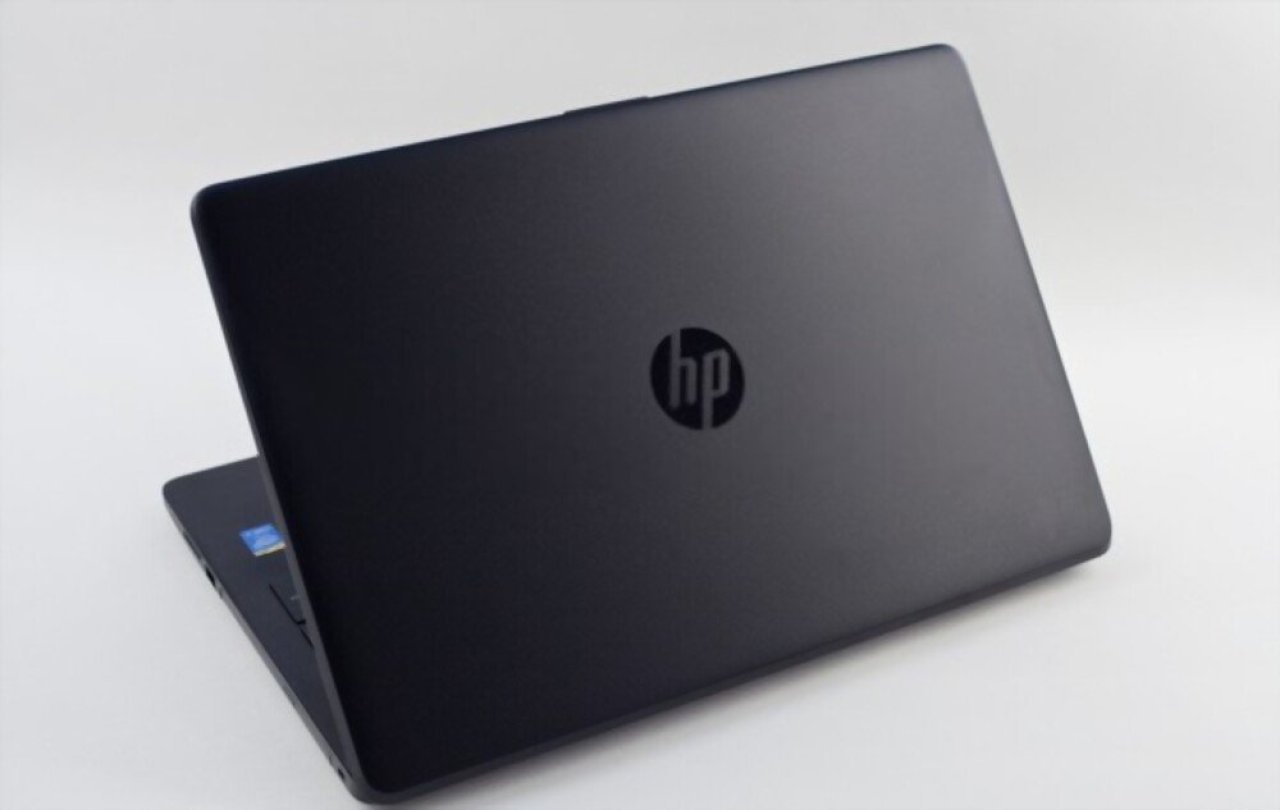7 Key Factors to Consider when Purchasing Your First Laptop.

In today's fast-paced digital age, a reliable laptop is essential for both personal and professional tasks. With so many different models and specifications available, it can be challenging to know what factors to consider when buying your first laptop. In this blog post, we will discuss the 7 key factors to consider when purchasing your first laptop.
-
Purpose: The first thing to consider when buying a new laptop is its purpose. Whether it's for work, school, gaming, or casual use, you need to choose a laptop that suits your needs. For example, gamers need a laptop with a high-end graphics card and a powerful processor.
- Operating system: The operating system is software that runs on the laptop. There are three major operating systems: Windows, macOS, and Linux. Windows is the most popular and versatile operating system, while macOS is known for its user-friendliness and stability. Linux is a popular choice for developers and programmers.
The operating system is software that runs on your laptop and manages all its hardware and software resources. Laptop operating systems are Windows, macOS, and Linux.
Windows is the most popular operating system and is widely used for personal and professional purposes. It offers a vast range of software applications and is compatible with most hardware devices. Windows 10 is the latest operating system. It offers advanced features such as the virtual assistant Cortana, Microsoft Edge browser, and Windows Hello for biometric authentication. MacOS is an operating system designed by Apple exclusively for MacBook laptops. It is known for its user-friendliness, stability, and seamless integration with other Apple devices. MacOS offers features such as Siri, FaceTime, and iCloud Drive for file storage and synchronization.
Linux is a free and open-source operating system popular among developers and programmers. It offers high levels of customization, flexibility, and security. Linux is available in various distributions such as Ubuntu, Debian, and Fedora.
-
Processor: The processor is the brain of the laptop, and it's responsible for performing all calculations and processing tasks. Intel and AMD are the two major processor manufacturers. Intel processors are more popular and offer better performance, while AMD processors are more affordable.
The processor, also known as the Central Processing Unit (CPU), is the brain of your laptop. It performs all the calculations and processing tasks required to run software applications and other programs. The two major processor manufacturers for laptops are Intel and AMD. Intel processors are widely used and known for their superior performance and energy efficiency. The latest Intel processors are the 11th generation, which offers faster clock speeds, more cores, and better integrated graphics. AMD processors are cheaper and offer better value for money. They are known for their superior graphics performance and popularity among gamers and content creators. The latest generation of AMD processors is the Ryzen 5000 series, which offers superior performance and energy efficiency.
- RAM: Random Access Memory (RAM) is the temporary memory laptops use to store data. The more RAM a laptop has, the more applications it can run simultaneously. Generally, a laptop should have at least 8GB of RAM.
-
Storage: Storage capacity is how much data the laptop can store. There are two types of storage: Solid State Drives (SSD) and Hard Disk Drives (HDD). SSDs are faster and more expensive, while HDDs are slower.
-
Display: The display is one of the most critical aspects of your laptop, as it is the primary way you interact with your computer. The resolution, size, and type of display all play a significant role in determining the overall user experience.
The display resolution refers to the number of pixels displayed on the screen. The higher the resolution, the sharper and more detailed the image will be. A Full HD (1920x1080) or higher resolution display is recommended for laptops, as it offers a clear and crisp image.
The display size is also essential, as it affects your laptop's portability and usability. A laptop with a screen size of 13-15 inches is the most common and provides an ideal balance between portability and usability. Larger screens may be better for gaming or video editing, while smaller screens may be more portable and lightweight.
Finally, the type of display is also significant. There are two main display types: LED and OLED. LED displays are the most common and used in most laptops. OLED displays are more expensive but offer superior color accuracy and contrast. OLED displays are commonly used in high-end laptops for graphic design and video editing.
- Battery life: Battery life is essential, especially if you plan to use the laptop while on-the-go. A laptop should have at least 8 hours of battery life, although some models can offer up to 12 hours or more.
In conclusion, when buying your first laptop, it's essential to consider factors such as its purpose, operating system, processor, RAM, storage, display, and battery life. By considering these factors, you can make an informed decision and choose a laptop that meets your needs and budget.







